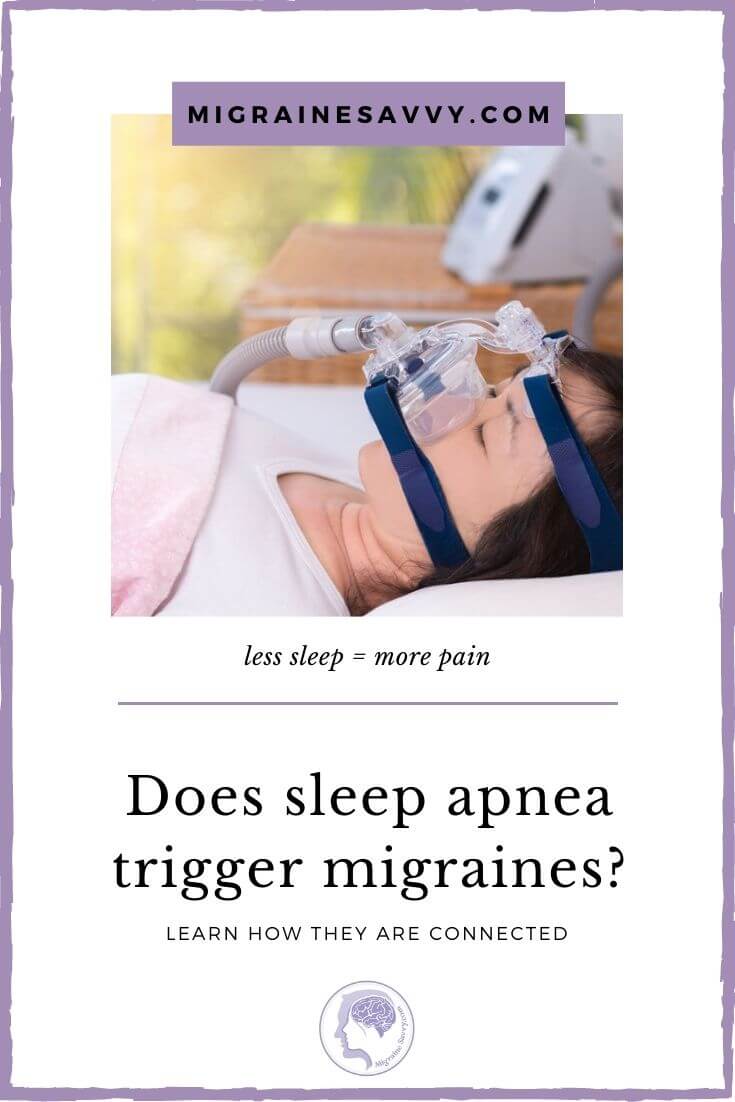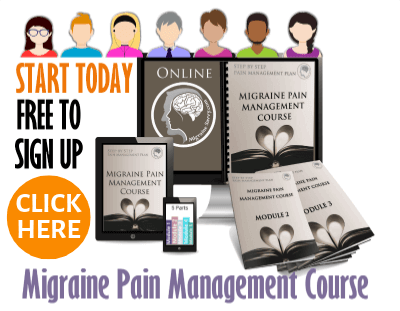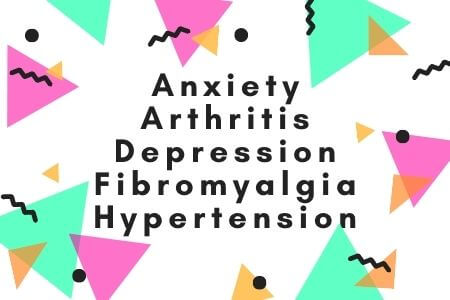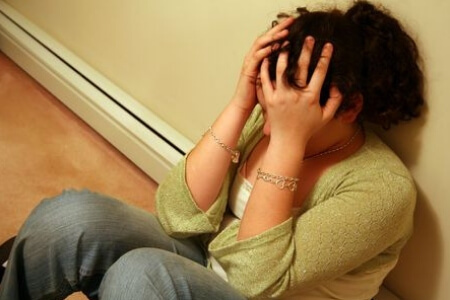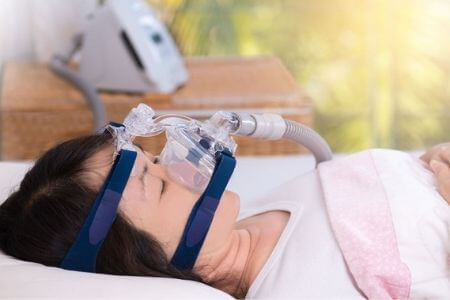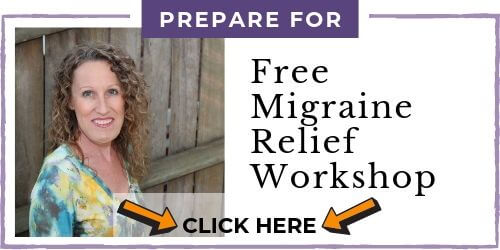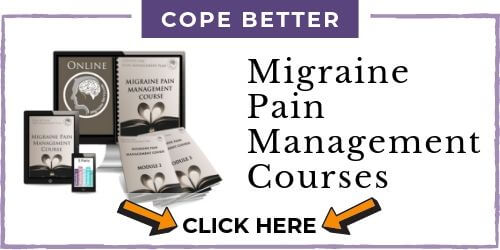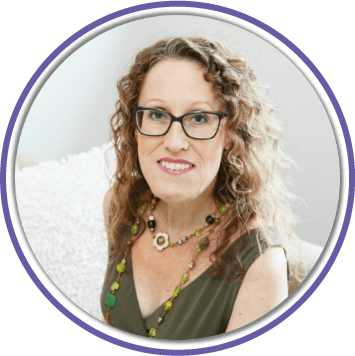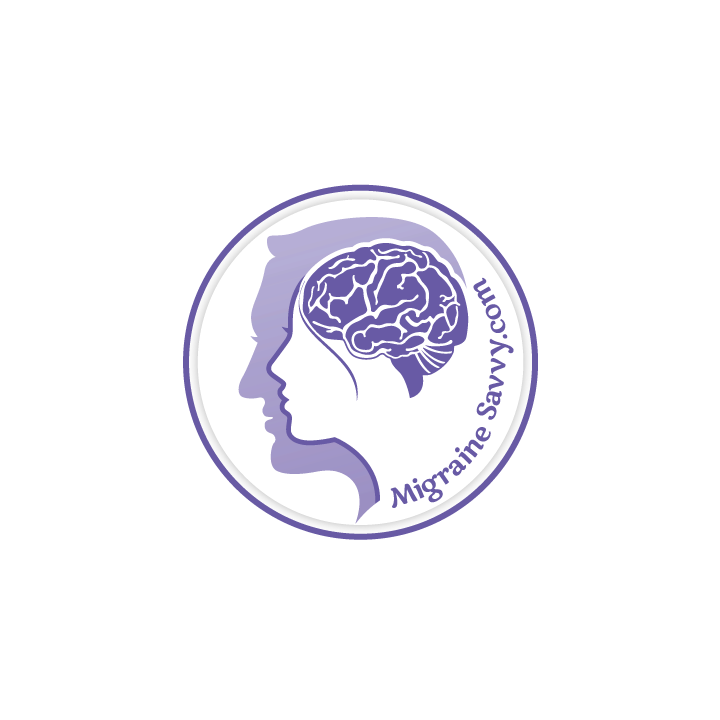- Home
- Associated Conditions
- Sleep Apnea and Migraine Headaches
COMPLETE MAGNESIUM SUPPORT
My Top Choice - Magnesium Breakthrough - The ONLY supplement with all 7 essential magnesium types in one formula. Most only have 1-2 types, leaving you deficient.
Sleep Apnea And Migraine Headaches
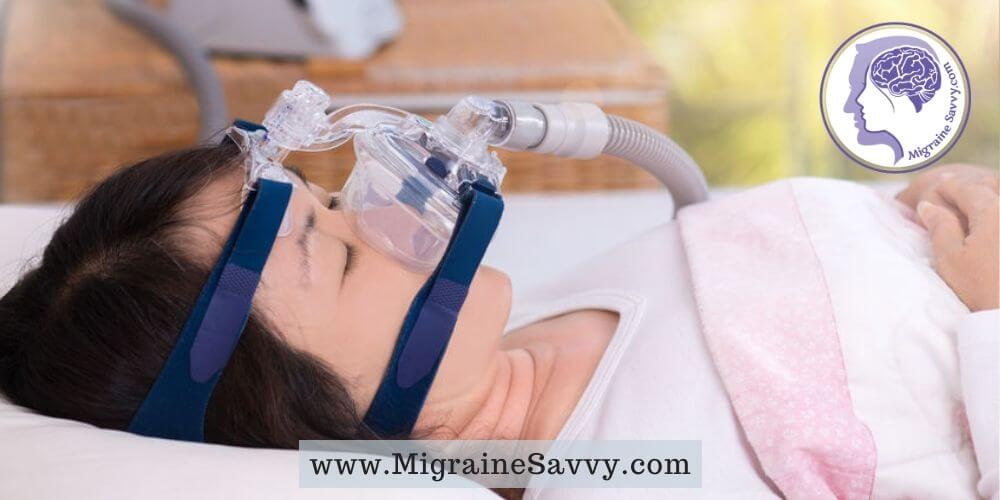 Sleep Apnea And Migraine Headaches. Does Having One Cause The Other?
Sleep Apnea And Migraine Headaches. Does Having One Cause The Other?
Is sleep apnea just snoring so loud the neighbors can't sleep?
Not everyone who snores has sleep apnea, and not everyone who has sleep apnea snores. So how do you tell the difference between normal snoring and a more serious case of sleep apnea?
The biggest telltale sign is how you feel for the rest of the day. Normal snoring doesn’t interfere with the quality of your sleep as much as sleep apnea does, so you'll feel refreshed upon waking. Rejuvenated! And you'll be less likely to suffer from extreme fatigue and sleepiness during the day.
Are you extremely fatigued all day? Is the tiredness triggering migraine attacks?
We now know that it probably occurs in between 2% and 5% of adult women, which makes it almost as common as asthma. Right now, in America, it’s safe to say that at least 5% of men, and 2-4% of women have sleep apnea. What has happened since the 1970's is we’ve had an epidemic of obesity, and obesity is an important risk factor for sleep apnea. The average doctor now needs to know about sleep apnea because a large percentage of his or her patients will have it.
~ Dr. Meir Kryger [3]
Let's have a look at what you can do if you suspect you have sleep apnea and if it might be causing more migraine attacks.
A fun thing to do is to record yourself sleeping or ask your sleep partner to keep track of your snoring, noting how loud and frequent it is, and if you’re gasping, choking, or making other unusual sounds. These are key things to look for. Even if you don’t have sleep apnea, a snoring problem can get in the way of your bed partner’s rest and affect your own sleep quality and health. [5]
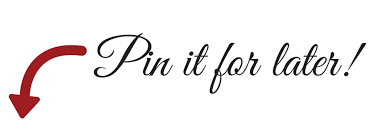
Sleep Apnea And Migraine Headaches - What You'll Learn In This Article:
Is migraine and sleep apnea linked?
According to the Mayo Clinic, having obstructive sleep apnea increases your risk of high blood pressure (hypertension). Obstructive sleep apnea might also increase your risk of recurrent heart attack, stroke and abnormal heartbeats, such as atrial fibrillation. [6]
It doesn't mention an increase in migraine attacks, or show any association with migraine. A study done in 2011 that looked at Migraine and sleep apnea in the general population. It's conclusion showed no clear relationship between obstructive sleep apnea and migraine headaches, with and without aura in the general population. [4]
However, Dawn Buse, PhD said of the same study:
These results suggest that assessing sleep quality and screening for sleep apnea is valuable for patients with migraine, especially among men and people with chronic migraine... People with migraine who screen positive for sleep apnea should be referred for additional evaluation and treatment.
~ Dawn C. Buse, PhD [1]
If you get diagnosed with both sleep apnea and migraine headaches, be prepared to be referred to more specialists for additional evaluation and treatment. [1]
If you have chronic migraines that are destroying your life and you are exhausted most days, this is a good area to investigate. Even if you don't think you have sleep problems... you might.
What are sleep problems?
Regardless of the number of hours you sleep, it's not usually restorative, meaning that you wake up tired rather than refreshed. This is likely due to an insufficient amount of the deepest and most restorative type of sleep, called delta sleep. [2]
Other sleep problems include: [2]
- Difficulty getting to sleep
- Difficulty staying asleep (frequent awakenings or waking early)
- Under sleeping (it's hard to fall asleep until early morning hours)
- Oversleeping (8 to 10 hours is ideal)
- Having vivid dreams
- Feeling "tired but wired" (you feel exhausted but your mind is racing)
- Restless legs
- Hot flushes
If you are feeling tired all day, and you are getting a lot of migraine attacks, then addressing your sleep problems is a good initial focus. Good sleep will improve your quality of life and help reduce other symptoms.
Maintaining a good sleep routine and forming a solid management plan will usually include a combination of strategies from three categories:
1. Sleep environment and habits
2. Medications
3. Sleep disorders [2]
My #1 Choice in Magnesium Supplements
What is sleep apnea?
Sleep apnea, meaning the absence of breathing during sleep, occurs when your airway becomes blocked during sleep and you stop breathing. An episode can last from just a few seconds to a few minutes. You would wake up gasping for air and then fall asleep again. You may not even be aware there's a problem. This cycle can occur many times each night, leaving you absolutely exhausted in the morning. [2]
The good news is, this is a treatable condition. A common remedy is the use of a CPAP (continuous positive airway pressure) machine. You wear a mask on your face which uses a compressor to deliver a continuous stream of air, keeping your airway open to allow uninterrupted sleep. [2]
"Use of a CPAP machine can eliminate 90% to 100% of a person's sleep apnea. Other treatments are also used for this condition, including oral or nasal devices and surgery to enlarge the airway." [2]
It makes sense to me that sleep apnea and migraine headaches are connected.
Fatigue is a migraine symptom, so this can be confusing. But it’s something you shouldn’t ignore. Sleep apnea can take a serious toll on your physical and emotional health. [5]
The chronic sleep deprivation caused by both sleep apnea and migraine headaches can result in:
- daytime sleepiness,
- slow reflexes,
- poor concentration,
- and an increased risk of accidents. [5]
Both sleep apnea and migraine headaches can cause:
- moodiness,
- irritability,
- and depression. [5]
With the right treatment and sleep strategies you can control your snoring and the symptoms of sleep apnea, get your sleep back on track, and feel refreshed and alert during the day. And hopefully reduce those debilitating migraines at the same time.
How would I know if I have sleep apnea?
According to HelpGuide.org here are the major warning signs to watch for. [5]
- Loud and chronic snoring almost every night
- Choking, snorting, or gasping during sleep
- Pauses in breathing
- Waking up at night feeling short of breath
- Daytime sleepiness and fatigue, no matter how much time you spend in bed
Other warning signs:
- Waking up with a dry mouth or sore throat
- Insomnia or nighttime awakenings; restless or fitful sleep
- Going to the bathroom frequently during the night
- Forgetfulness and difficulty concentrating
- Uncharacteristic moodiness, irritability, or depression
- Morning headaches
- Impotence
See your doctor immediately if you suspect sleep apnea.
Sleep apnea could potentially be a serious disorder, please don't ignore it. An official diagnosis of sleep apnea may require seeing a sleep specialist and doing a home or clinic based sleep test. [5]
What causes sleep apnea?
Sleep apnea can have many different possible causes. In adults, the most common cause of obstructive sleep apnea is excess weight and obesity, which is associated with soft tissue of the mouth and throat.
When you sleep, your throat and tongue muscles are more relaxed and can fall to the back of the mouth. This soft tissue can block your airway.
Are there medications I can take for sleep apnea?
Trying to get a better sleep with medications is challenging because there is no single medication that has proven helpful in solving sleep problems for people with migraine. Also, you can develop tolerance to the drug, so that medication becomes less effective over time. [2]
For both of these reasons, sleep problems can often benefit from a flexible, experimental approach that utilizes a variety of strategies.
There are a lot of over-the-counter (non-prescription) products like Melatonin and Valerian, simple antihistamines such as Benadryl (diphenhydramine) and Tylenol PM and Advil PM, or doxylamine (used in Nyquil and ZzzQuil). [2]
But... sleep apnea and migraine headaches, medication wise, can be tricky.
It is not recommended to take certain medications if you have sleep apnea – I advise against it unless you work closely with your doctor who knows your whole health history.
Using something natural and calming that will help both your sleep apnea and migraine headaches like – calcium, magnesium, 5-HTP, melatonin - these are much better options. "Other non-prescription sleep aids include passion flower and chamomile. Amino acids, such as L-theanine and L-tryptophan are sometimes helpful when other treatments fail." [2]
Can I test myself for sleep apnea?
No. The closest thing is to do a home sleep apnea test normally set up by a nurse or specialist. It is a very simplified breathing monitor that tracks your breathing, oxygen levels, and breathing effort while you wear it.
Home sleep tests do not fully capture what is monitored, an overnight sleep study in clinic gives you a more thorough assessment of sleep issues.
A home sleep test was enough to determine that I have sleep apnea, and it was cheaper and easier than an overnight stay in unfamiliar settings.
Does sleep apnea happen every night?
Yes. If you have it, it happens every night.
Sleep apnea has the potential to be a serious sleep disorder. People who have sleep apnea can stop breathing for 10 to 30 seconds at a time while they are sleeping causing all sorts of problems. And these short stops in breathing can happen up to 400 times every night. That's a lot of sleep lost.
Sleep Apnea and Migraine Headaches - Key Points
If you suspect you might have sleep apnea, please see your doctor asap.
- Make notes on what symptoms you are having. Write them out manually or use your Fitbit to get the nightly details for at least one week. Share these details with your doctor,
- Use your migraine diary (you have a diary... right?) to see if they are connected. Bad sleep = more pain in the headache phase, for example. Note the frequency, intensity, and duration of the attack.
- List the medications or supplements you've taken each night (or day) and anything else you feel your doctor needs to know about.
- Sleep medications are not recommended if you do have sleep apnea.
You can learn more about migraine management in my course, here's the link...
Until next time, be well, and may your toughest days be met with comfort and care. Keep going - you are stronger than you know.
~ Holly, Migraine Savvy
WANT MORE TIPS? Subscribe to my newsletter and follow along on Facebook and Pinterest for all of the latest updates.
ASSOCIATED CONDITIONS Related Articles
How to be more MIGRAINE SAVVY right now...
Sleep Apnea And Migraine Headaches Page Refs:
1. PPM Brief (2018) Migraine Sufferers At High Risk for Sleep Apnea and Other Disorders. Available [online] at: https://www.practicalpainmanagement.com/pain/headache/migraine-sufferers-high-risk-sleep-apnea-other-disorders
2. Campbell, B. (2017) Solutions for Sleep. Available [online] at: http://www.cfidsselfhelp.org/library/solutions-sleep
3. Kashef, Z. (2017) Exploring the mysteries of sleep with Dr. Meir Kryger. Available [online] at: https://news.yale.edu/2017/03/21/exploring-mysteries-sleep-dr-meir-kryger
4. Study cited at [1] Kristiansen, et. al. (2011) The Journal of Headache and Pain - Migraine and sleep apnea in the general population. Available [online] at: https://www.ncbi.nlm.nih.gov/pmc/articles/PMC3056010/
5. Help Guide (2019) Sleep Apnea. Available [online] at: https://www.helpguide.org/articles/sleep/sleep-apnea.htm.
6. Mayo Clinic (2020) Sleep Apnea. Available [online] at: https://www.mayoclinic.org/diseases-conditions/sleep-apnea/symptoms-causes/syc-20377631
